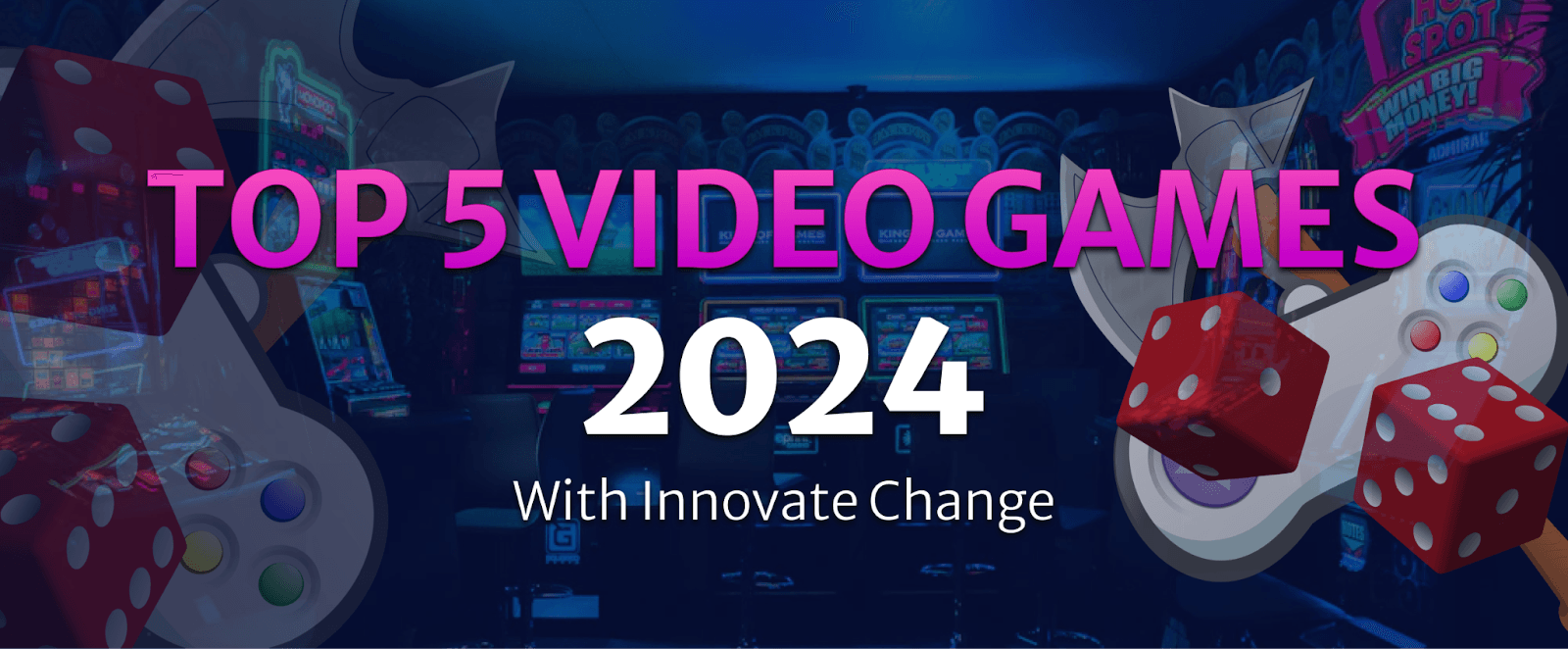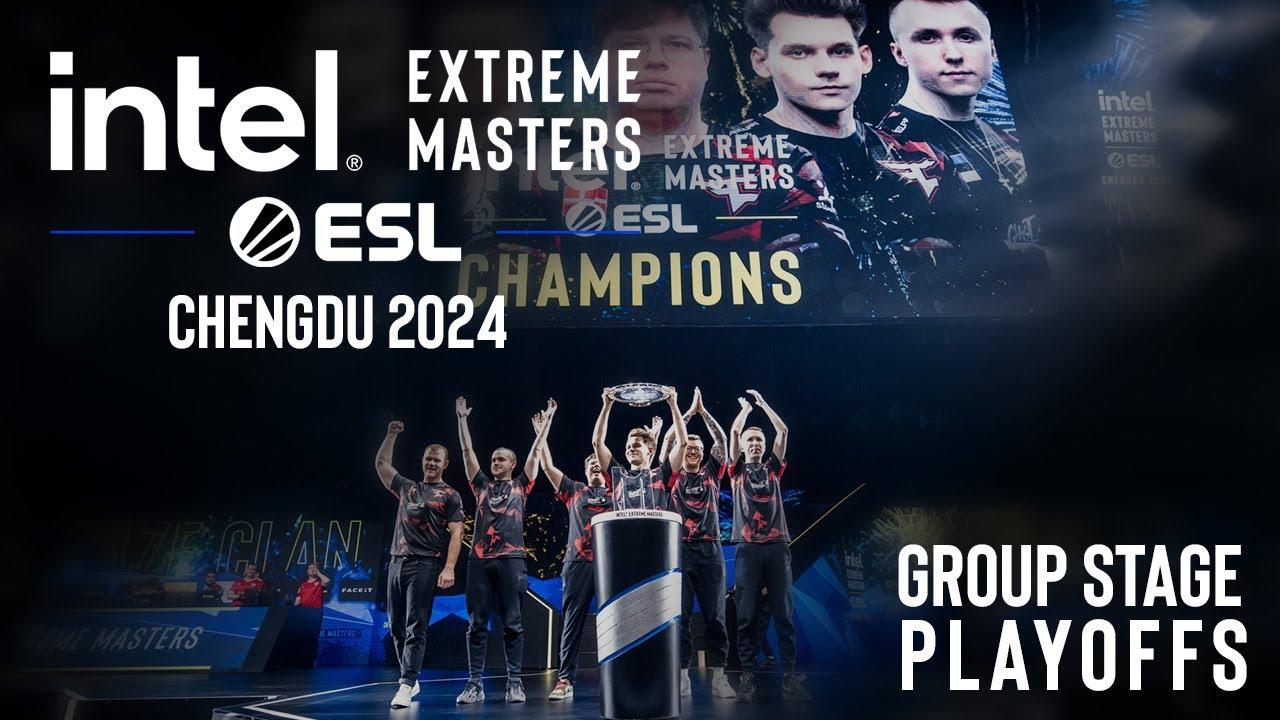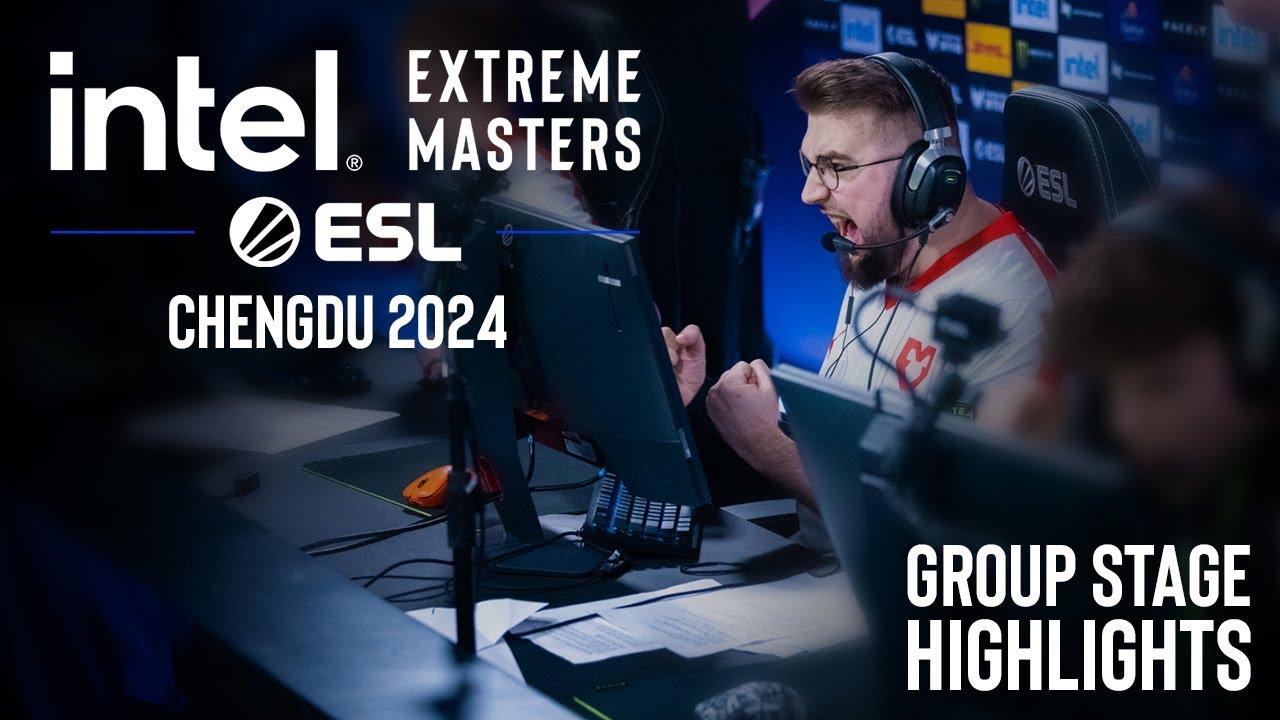
What’s the relationship between esports betting and market regulation?
The esports betting industry is growing at a rapid pace, with the market expected to reach a value of over $1.5 billion by 2022. While some people see this as bad, it’s great news for players who want to place their esports bets online safely and responsibly. Since esports betting is still relatively new, there are some challenges that operators and regulators need to overcome before the market can continue growing at its current rate.
How legal is esports betting?
The capacity of the esports industry to self-regulate has been demonstrated by the creation of the Esports Integrity Coalition (ESIC). The ESIC is a not-for-profit organization dedicated to the preservation and promotion of the integrity of esports, and the prevention of corruption and manipulation in the sports betting industry surrounding Esports. The ESIC was founded and funded by the UK-based Association of British Bookmakers (ABB). The ABB is the trade association for the UK’s regulated gambling industry and a founding member of the Remote Gaming Council (RGC). The RGC is a self-regulatory body created by the gambling industry to bring integrity to remote gambling. It is the world’s first industry-led initiative to be recognized by a nation’s government as a self-regulatory body.
The future of esports and esports betting
From the perspective of the ABB, the rise of Esports wagering is not a question of if, but when. The ABB is already proactively preparing for the future of esports betting and has begun to implement strategies to help regulate the esports betting market. One of the key strategies being employed by the ABB is the adoption of responsible gambling practices across all ABB partners, including esports betting operators.
Regulations for esports betting
Usually, responsible gambling and market regulation are usually associated with online casino providers, in particular those offering customers real money casino slots. The legal regulation of esports betting will largely depend on the regulatory framework used by individual governments. The most common regulatory frameworks include criminal law, public health law, and commercial law. These frameworks can be applied to esports betting in a number of ways to protect consumers, preserve competitive markets, and raise government revenue. It’s important to note, however, that the legal regulation of Esports betting does not necessarily require new laws.
Due to the rapid growth of esports, governments may be able to apply existing laws in new ways to regulate esports betting. This may involve overhauling existing gambling legislation or introducing new laws to cover the esports betting sector. The challenge for governments will be to keep pace with technological developments.
The problem with esports betting
When betting operators are operating in an unregulated market, there is a risk that they may not be fully compliant with all applicable laws. This can lead to a number of issues, such as financial mismanagement and poor customer service, making it difficult for bettors to place their bets safely. The second issue is that esports betting lacks liquidity. Liquidity is the measure of how easily a market can be traded. The esports betting market is illiquid, meaning it is difficult to get matched on bets due to the low amount of trading volume. This can result in long wait times when placing Esports bets, which is not ideal for bettors.
Illegal gambling operations in esports
Illegal gambling operations are a real concern for all types of sports, including esports. Although betting sites are required to adhere to a certain set of regulations, this doesn’t mean that customers can’t be scammed by illegitimate operations. These types of sites are known as “rogue” and are completely unlicensed and unregulated. As a result, they can operate completely under the radar and essentially do whatever they want.
Rogue betting sites can take many different forms, but the most common types are “skin betting” websites and pop-up ads that appear while watching esports on Twitch. Skin betting websites allow you to gamble real money by using in-game items that have no real value outside of the game. Pop-up ads, on the other hand, are completely fraudulent and will likely ask you to provide your credit card information.
How can regulators fix these issues?
Regulators can solve the issues facing esports betting by regulating the market. This will make it more attractive to operators and help to alleviate the issues that are currently facing the market. When a market is regulated, it means that the government has set rules for operators to follow. These rules are designed to protect consumers and help the market to function smoothly.
Recommended

<h1>Innovate Change: Discover 2024’s Top Five Video Games with Innovate Change</h1>
Innovate Change’s team has carefully selected the most exciting titles that are sure to impress...

How many coins to unlock everything in Mario Kart 8 Deluxe?
You’ll need a good amount of coins to unlock everything in Mario Kart 8 Deluxe.

The best Content Warning mods and how to install them
Let’s spice it up a bit.





